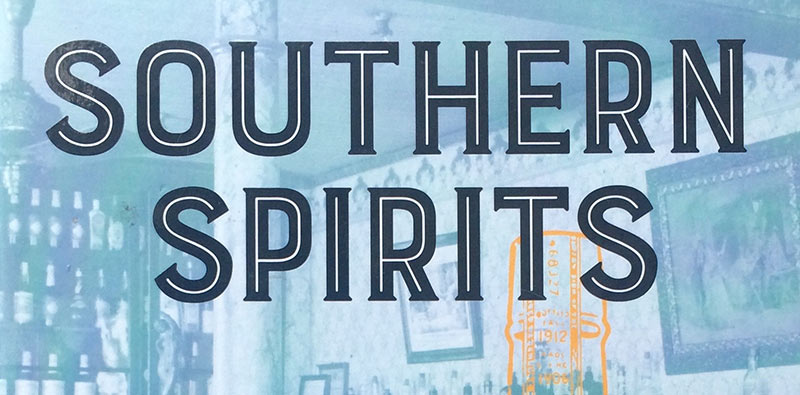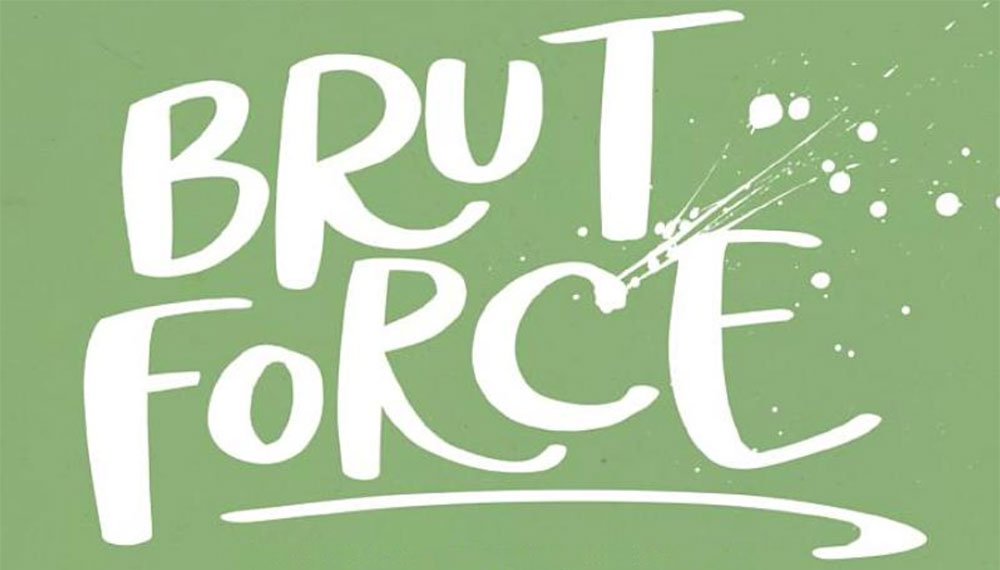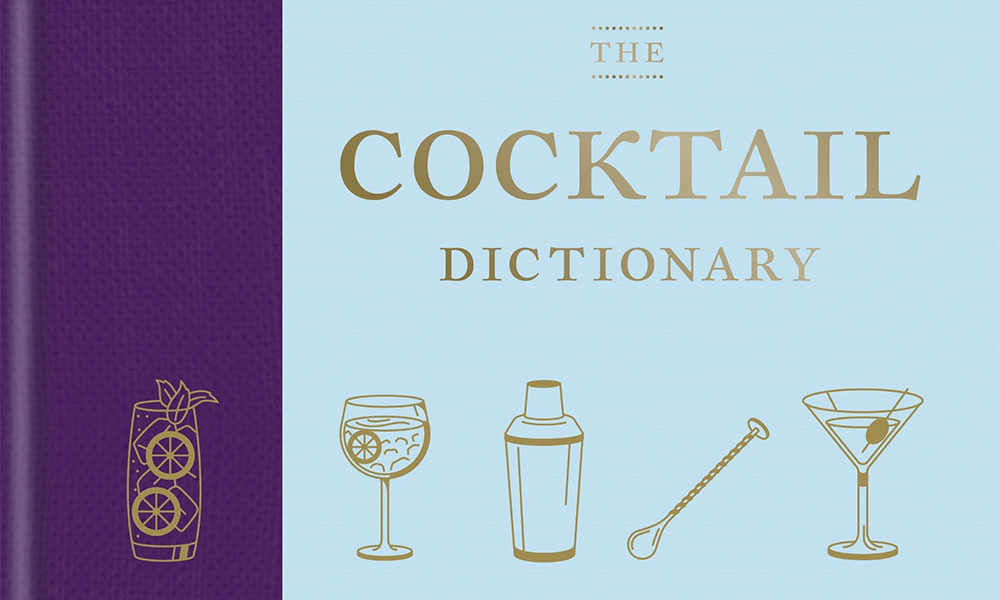For anyone involved in wine, it’s almost always the case that “pleasure reading” is some kind of dense tome from which a rare beast called, “fact” is derived. Fiction based upon wine is perhaps an even rarer beast however which is why when someone such as Steven Laine attempts to create an international crime caper about the vagaries of wine in his book, “Root Cause“, it merits attention. It’s easy to see what Laine was attempting to do in creating a book that’s akin to The Da Vinci Code for […]



